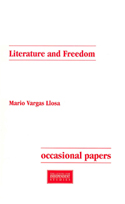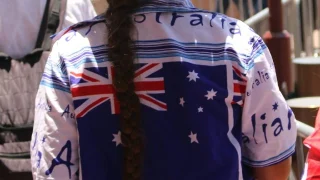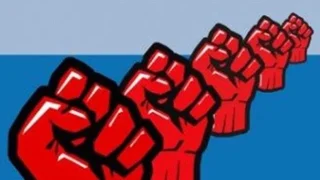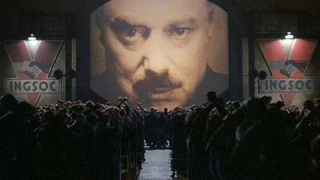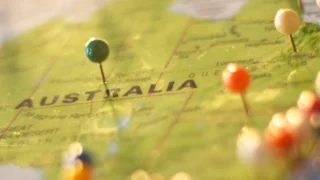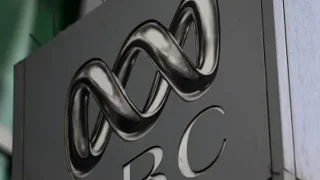
In this CIS Occasional Paper, Mario Vargas Llosa highlights the mutually beneficial relationship between literature and freedom. Where freedom does not exist, censorship and self-censorship stifle creativity- literature tends to become conformist and predictable. Colonial Latin America produced scarcely a writer still worth reading in three hundred years, while in Elizabethan England disdain for dramatists same them left in peace, allowing Shakespeare’s genius to flourish. In repressive societies, though, the book is a medium best suited to keeping freedom alive. Audio visual technology is expensive and easily controlled by those in power. Books, buy contrast, can be written, reproduced and circulated by underground cultures. While praising good cinema and television, Vargas Llosa emphasises the book’s unique contribution to culture and freedom.
